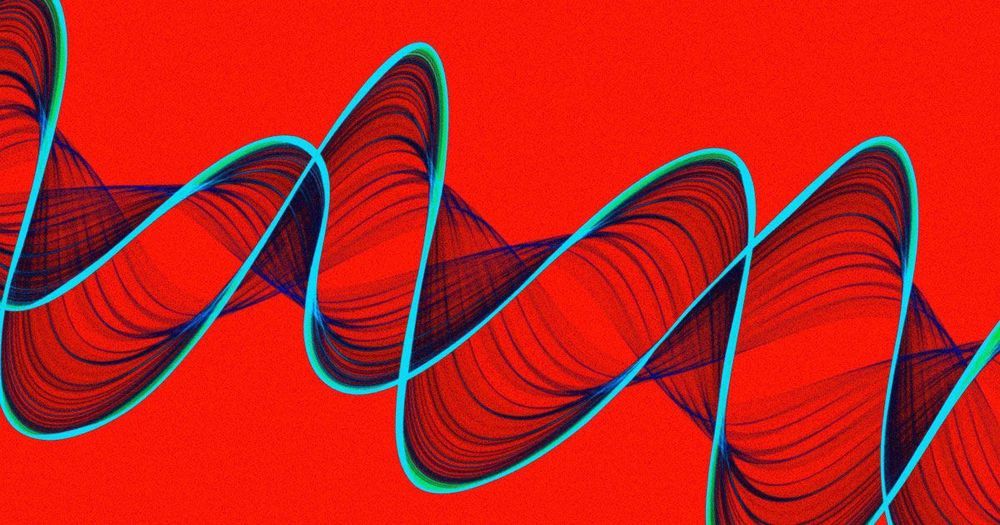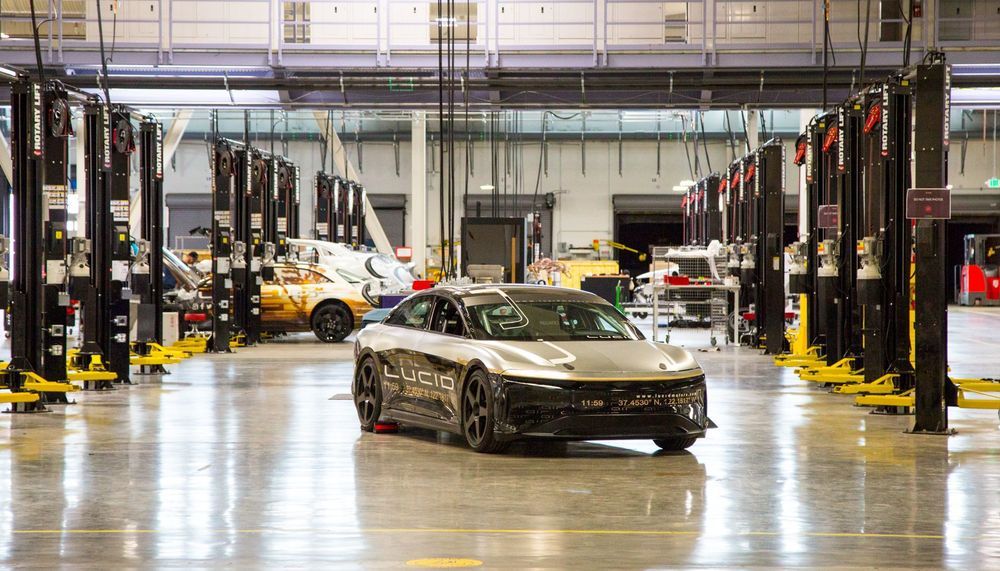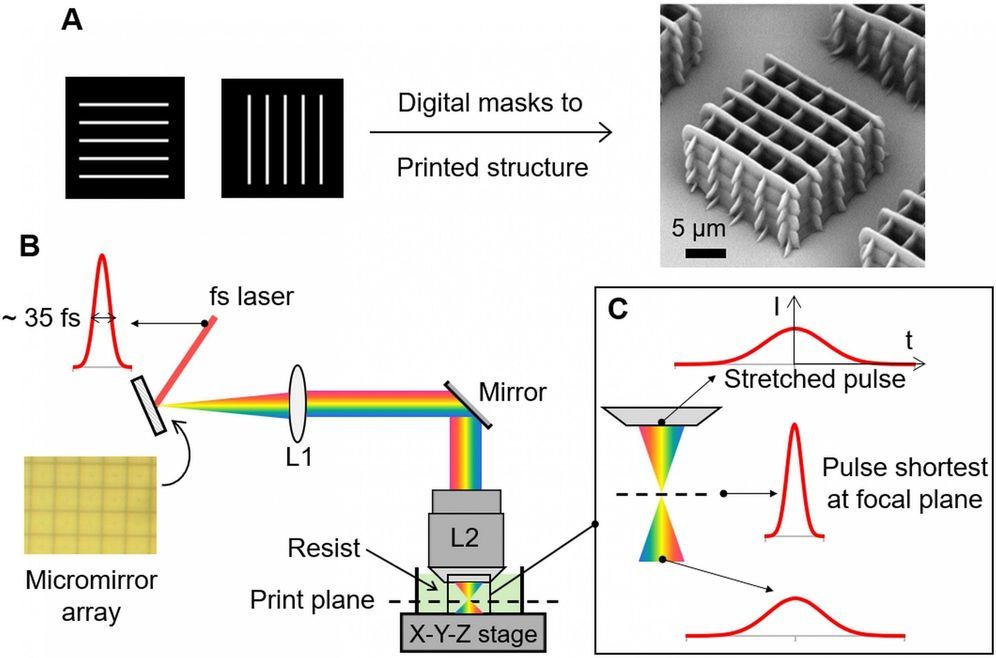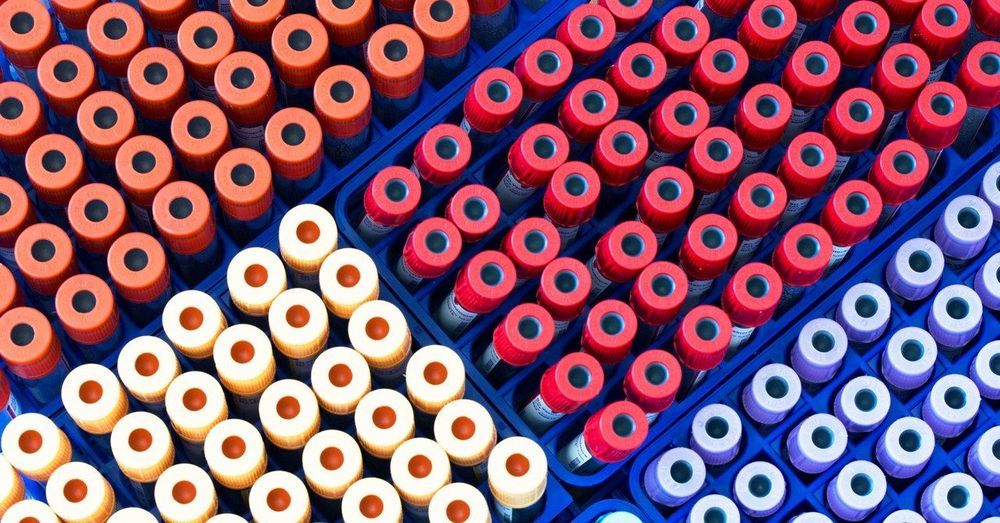
To that end, Fields decided to ask a Florida judge to grant him a warrant that would override the new policy, allowing him to search GEDmatch’s entire database, including users who hadn’t opted in — and Judge Patricia Strowbridge did just that, the detective announced at a recent police convention, according to the NYT.
Legal experts told the NYT that this appears to be the first time a judge has approved a DNA website warrant this broad, with New York University law professor Erin Murphy calling it “a huge game-changer.”
“The company made a decision to keep law enforcement out, and that’s been overridden by a court,” Murphy told the newspaper. “It’s a signal that no genetic information can be safe.”


















